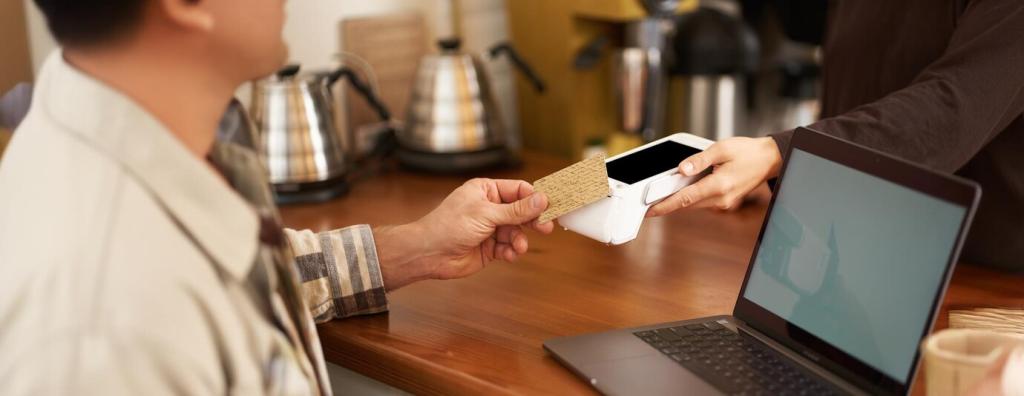Smart Automation and Software Choices
Start with essentials—tax filing support, direct deposit, self-serve portals—and confirm upgrade paths for multi-location and benefits. A food truck duo began simple, then enabled add-ons as they grew. They never had to switch vendors or rebuild data.
Smart Automation and Software Choices
Automated imports beat manual spreadsheets every week. A coffee shop synced POS hours to payroll and payroll totals to accounting. Errors dropped, reconciliation took minutes, and the owner finally reclaimed Thursday evenings for family dinners.
Smart Automation and Software Choices
Set rules for overtime thresholds, rounding policies, and holiday pay so they apply consistently. A warehouse added auto-flags for missed punches, prompting quick fixes. Those safeguards cut rework, protected margins, and kept employees confident their pay was right.





